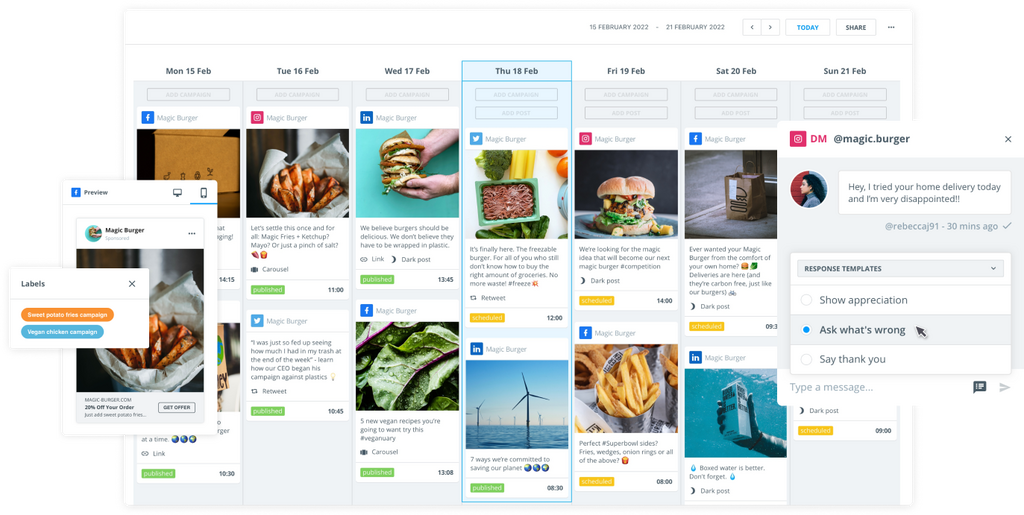Best Time to Post on X: Maximizing Engagement in 2025
By BrandwatchNov 7
Brandwatch has been named a leader in the IDC MarketScape:
Social Marketing Software for Large Enterprises 2024 Vendor Assessment.
Published December 20th 2023
Hashtags can help you build awareness and engagement for your event. This blog will give you some tips on how to use event hashtags.
Leverage the industry-leading, all-in-one social media management solution.
Existing customer?Log in to access your existing Falcon products and data via the login menu on the top right of the page.New customer?You'll find the former Falcon products under 'Social Media Management' if you go to 'Our Suite' in the navigation.
Brandwatch acquired Paladin in March 2022. It's now called Influence, which is part of Brandwatch's Social Media Management solution.Want to access your Paladin account?Use the login menu at the top right corner.
